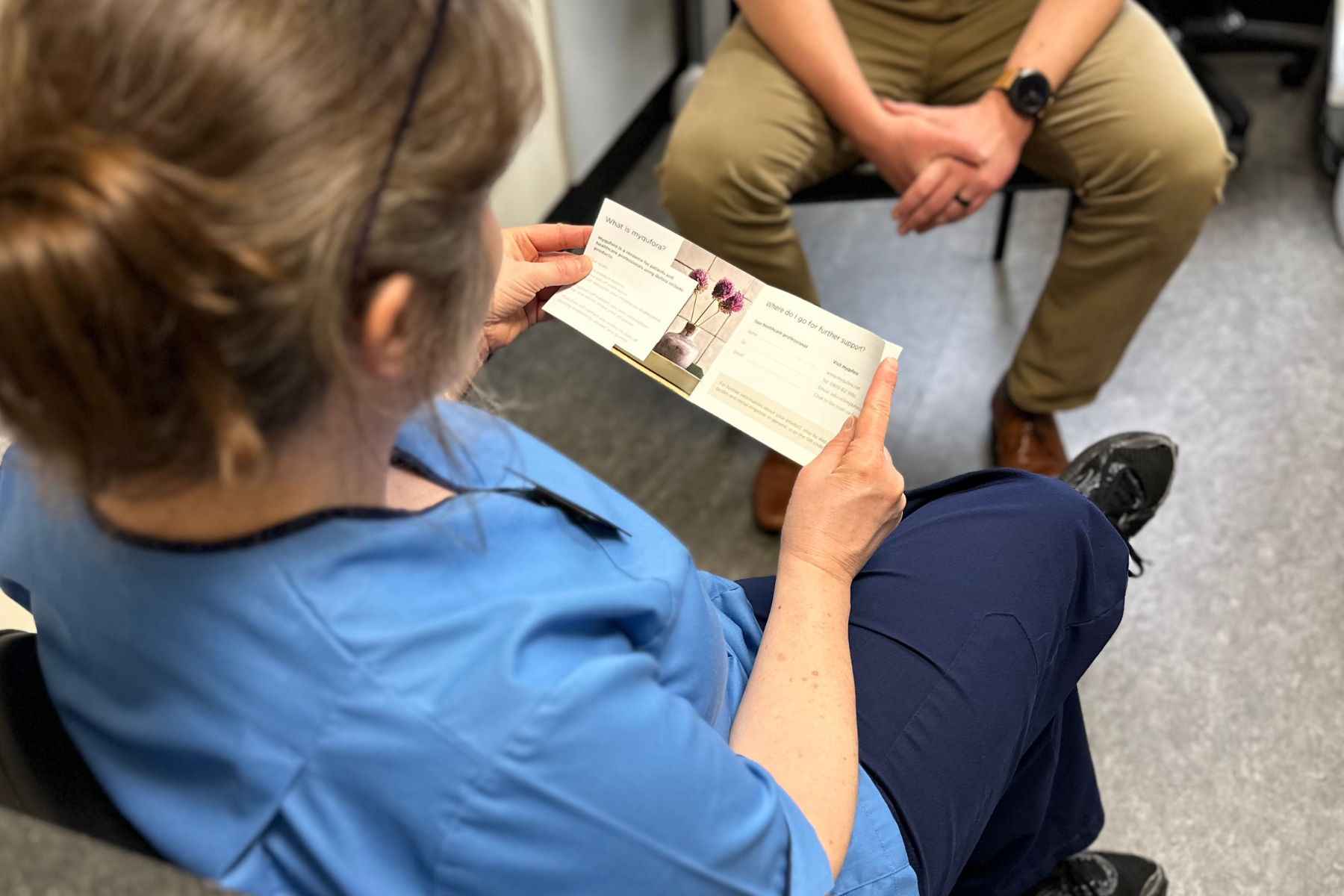Brigitte Collins (Global Clinical Education Manager)
Two weeks ago, I was fortunate enough to attend the Association for Stoma Care Nurses (ASCN) webinar for low anterior resection syndrome (LARS). The presentation was conducted by Jennie Burch (Head of Gastrointestinal Nursing Education at St Marks), a colleague and friend of mine who shares the same passion that I have for treating LARS. In fact, Jennie has taken it a step further by commencing a PhD some 4 years ago on this very subject. Jennie has always been very academic and so I was not surprised to see her take this on, although I did actually think she was mad at the time. However, Jennie states “working in gastrointestinal nurse education it seemed timely and appropriate to undertake a PhD to both self-develop as well as provide greater support to learners that I engage with.” “The overall PhD aim is to improve the care for people following rectal cancer surgery who have bowel symptoms; LARS.”
Initially a systematic and scoping review were undertaken; firstly, to review what problems exist and secondly to determine what interventions can assist bowel problems. Jennie was keen to share what she had learnt, hence the release of the ASCN webinar. One of her findings was that bowel dysfunction will improve over time, with or without any interventions. However, by initiating interventions earlier, symptoms improve quicker and often better.
During interviews with people living with LARS, they explained; “how difficult it was to cope with symptoms initially after surgery, how grateful they were to clinicians, but they wanted clinicians to ask them about their bowel symptoms as well as the need for realistic hope about their bowel symptoms improving.”
Focus groups with healthcare professionals (HCPs) highlighted it is common to use conservative treatment, such as pelvic floor exercises, loperamide, dietary adjustments and lifestyle changes. Such interventions can improve bowel symptoms regardless of their severity. However, it was also recognised that if symptoms persisted, it is likely that other interventions such as rectal irrigation will be necessary.
It is from all of these findings that Jennie has produced a patient and clinician LARS toolkit. This will certainly help to keep the dialogue open with patients, as well as guide in the matter of conservative management options, ensuring persistent symptoms receive other interventions such as rectal irrigation.
Jennie emphasises that “LARS can be life changing and nurses are ideally placed to provide advice as well as emotional support by listening to their patient’s concerns”
Jennie is using an acronym for LARS as a reminder for when a patient is being seen:
Be a Learned nurse who
Asks bout bowel dysfunction,
Revisit discussions on bowel dysfunction and,
Signposts to other information.
Find further information regarding the treatment and management of LARS here.







